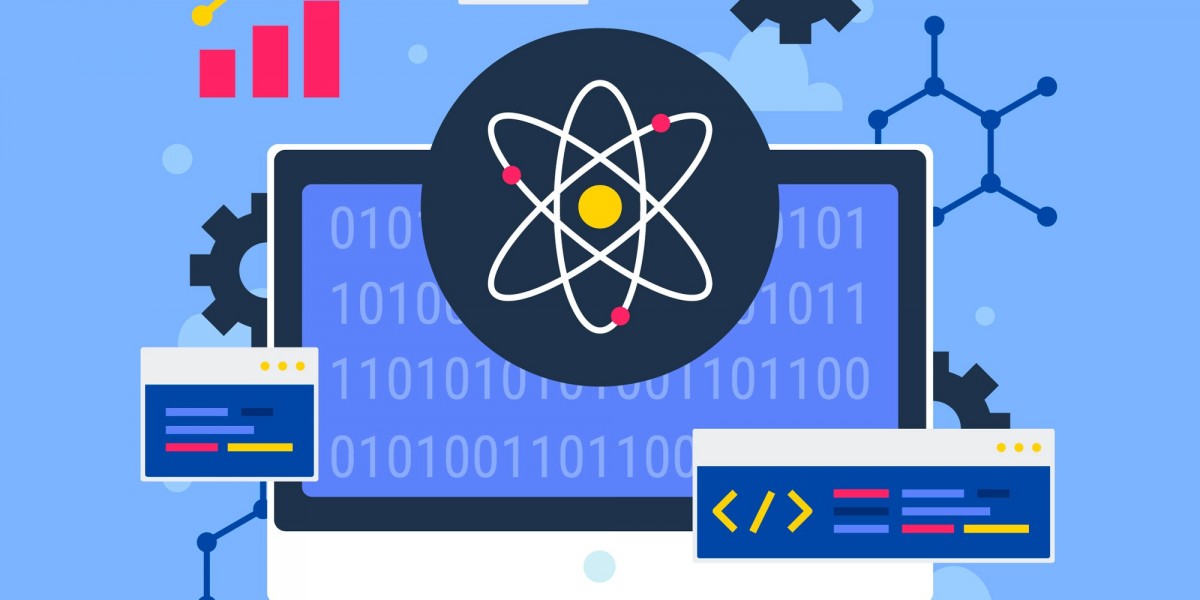As a result, LLMs are transforming SEO by redefining how businesses create, optimize, and distribute content across the web.
The Shift from Search Engines to Answer Engines
Traditional search engines relied heavily on keyword matching and backlinks to rank content. When someone typed a query, the search engine listed pages that contained relevant keywords and strong SEO signals. Users would then click a few results to find the best answer.
However, LLMs such as OpenAI’s GPT models, Google Gemini, and Anthropic’s Claude now understand natural language far better than traditional algorithms. Instead of merely indexing web pages, these models comprehend intent, context, and meaning. They can analyze billions of data points and generate summarized answers instantly — without requiring users to click through multiple links.
This evolution means search is no longer just about finding information. It’s about understanding it — and providing accurate, concise answers in real time.
How LLMs Are Changing User Behavior
As AI-powered systems like ChatGPT, Perplexity, and Gemini gain popularity, users are shifting from keyword-based searches to conversational queries. Instead of typing “best restaurants in New York,” someone might ask, “Where can I find affordable Italian restaurants in New York with good reviews?”
This change matters because it reshapes how people engage with online content. They expect instant, relevant, and conversational responses — not a long list of web pages to sort through.
For businesses, this shift means they must ensure their content can be easily understood, summarized, and cited by AI tools. Otherwise, their brand risks becoming invisible in this new “answer-first” world.
Why LLMs Are Transforming SEO
Traditional SEO was built around keywords, backlinks, and technical optimization. While those factors remain important, LLMs are transforming SEO by adding new layers of complexity. Search optimization now involves:
Contextual understanding: LLMs don’t just look for exact keywords — they interpret meaning.
Entity recognition: AI models link brands, people, and places together to understand credibility.
E-E-A-T principles: Expertise, Experience, Authoritativeness, and Trustworthiness matter more than ever.
Zero-click visibility: Many searches end with AI-generated summaries, not website visits.
To succeed, brands need to shift from keyword-heavy content toward value-rich, entity-driven writing that answers questions directly and builds trust.
How Businesses Can Optimize for Answer Engines
In the age of AI-driven search, optimization requires a new approach. Here are some strategies businesses can use:
Create clear, concise answers: Write content that directly responds to common questions in the first few lines.
Use structured data: Add schema markup (FAQ, HowTo, or Product) so AI systems can easily identify useful details.
Build authority: Include credible sources, author bios, and expert opinions to strengthen E-E-A-T signals.
Focus on conversational tone: Match how people naturally ask questions. Avoid jargon or overly complex phrasing.
Update content regularly: AI tools prefer up-to-date information. Refreshing content signals relevance and reliability.
By implementing these strategies, your content becomes more AI-readable — increasing the likelihood of being featured or quoted in AI-generated responses.
The Rise of Zero-Click Searches
AI-powered search experiences often deliver answers directly on the search page or within an AI chat interface. This phenomenon, known as zero-click search, reduces website traffic but increases brand visibility.
For example, if a brand’s article is quoted in Google’s AI Overview, users may not visit the site — but they’ll still see the brand name, reinforcing trust and recognition. This makes being cited by AI systems as valuable as ranking on the first page once was.
Thus, optimizing for LLMs is not only about rankings — it’s about relevance and recognition in a landscape where visibility itself is the new currency.
The Future of Search: What Lies Ahead
As LLMs continue to evolve, search will become more interactive, visual, and personalized. AI assistants will anticipate user needs, remember preferences, and deliver tailored answers. Voice, image, and video search will merge with text to create multi-modal experiences.
For marketers, this means staying agile. SEO strategies will need to balance technical precision with human understanding. Brands that focus on clear communication, genuine expertise, and helpful content will dominate the AI-driven search era.
Ultimately, LLMs are transforming SEO into something more intuitive and human-centered. Instead of optimizing for algorithms, marketers are now optimizing for understanding — the kind that connects directly with both machines and people.
Final Thoughts
The transformation from search engines to answer engines is more than a technological shift — it’s a complete rethinking of digital marketing. Businesses that adapt early will lead the conversation, while those that rely solely on traditional SEO may fall behind.
In this new age of AI-driven discovery, the key to success is simple: create content that informs, inspires, and answers — because that’s what both users and machines are looking for.








